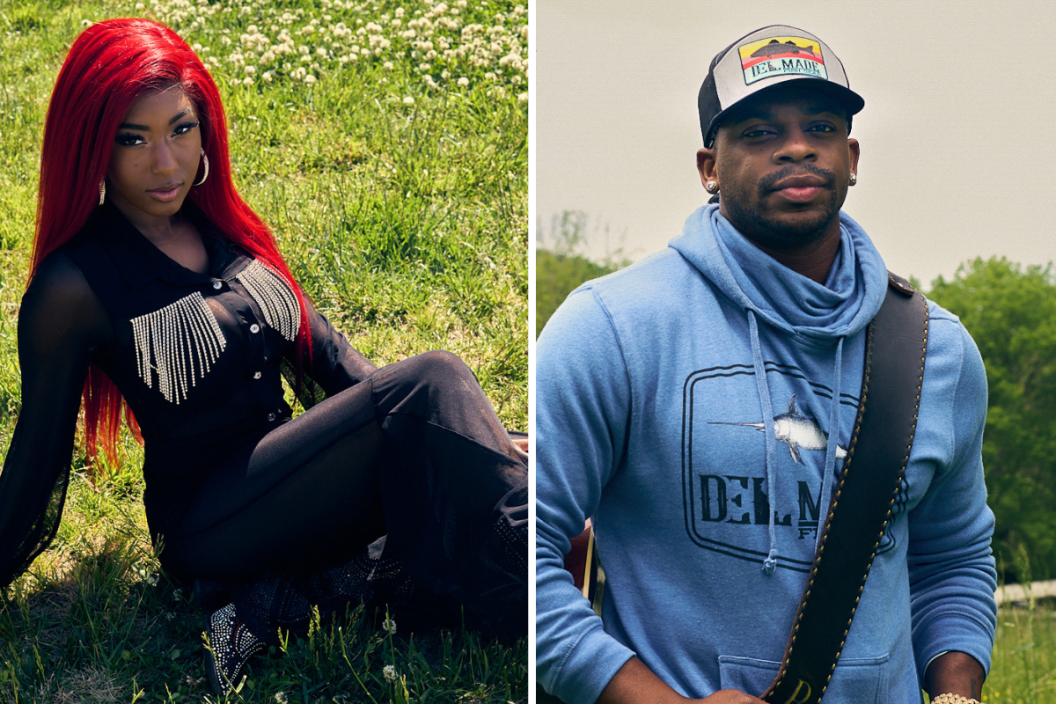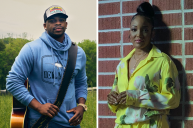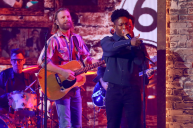Amazon Music documentary For Love & Country exposes what limits diversity in country music spaces by profiling Black artists negatively impacted by a broken system.
Videos by Wide Open Country
Director Joshua Kissi and his crew shot the film in Nashville. Kesshann Cortez and Tara Hallarman served as executive producers of a story by Cody Whitman, with Elamin Abdelmahmoud and Andrea Williams as writers.
The new documentary debuted April 7 on the Amazon Music app and on Prime Video.
Here's three takeaways from a film that properly frames a decades-old issue's scope and consequences (or, frustratingly, the lack of consequences for the genre's power brokers).
In Their Own Words
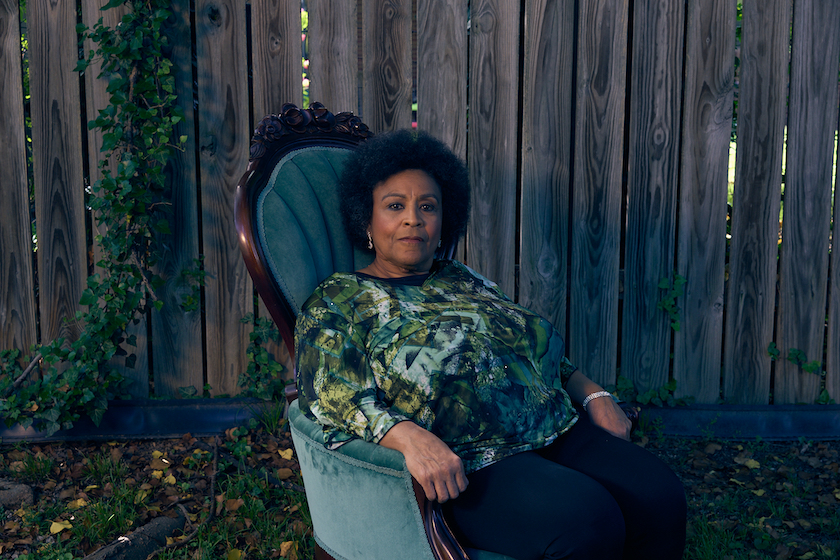
Joshua Kissi
For Love & Country relies more on introducing the array of talents impacted by country music's equality gap than rattling off stats or constructing a linear narrative about the genre's history. This approach takes an ongoing discussion viewers may have followed already and adds a human element. For instance, it's one thing to read maddening asides in articles about the 10-year gap between Mickey Guyton's arrival in Nashville and the release of her debut album. It's another to hear Guyton share lingering concerns about her current spot in the country music business, despite being a multi-time Grammy award nominee.
Others bringing first-person perspectives range from trailblazing performer Frankie Staton (co-founder of the Black Country Music Association in the mid-'90s) and Nashville-born rapper Mike Floss to country superstar Jimmie Allen and rising artist Willie Jones. Each represent the wide variety of talents shut out from some of the genre's most valuable resources.
"In telling this story, it was imperative for us to amplify the personal narratives of these wonderfully diverse country artists because in them lie the stories of Black contributions to the genre," shared Raymond Roker, Amazon Music's Global Head of Editorial, in a press release. "These are also very universal stories of acceptance, being welcomed into spaces we choose to occupy despite how open the door is to us and how stories and history can become marginalized over time. The title of the film is also a reminder that these artists have all come from a place of love, adoration and even reverence for country music's past, its heroes and contributors across the spectrum."
The film also spotlights the stories of such contemporary talents as Blanco Brown, Brittney Spencer, Shy Carter, Breland and Reyna Roberts.
The Lasting Effects of Appropriation
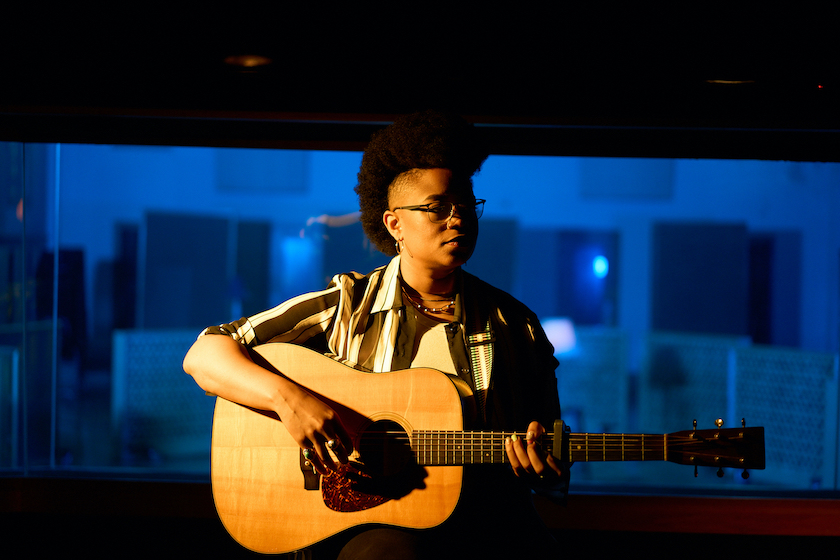
Joshua Kissi
During a segment about shifting perceptions of the banjo, a musical instrument brought to America by West African slaves, "Black Myself" singer Amythyst Kiah makes a powerful observation about how minstrel shows pushed Black creatives away from the string band traditions they helped forge at the very beginning of what became country music.
"When you're faced with being a Black person during segregation and try to find opportunity to just have some sense of dignity in greater society, you're not going to gravitate toward a banjo or a fiddle because you're seeing yourself portrayed so negatively," Kiah said. "Why would you want to grab a banjo? If anything, it's let's create jazz. Let's create blues. Let's create some other music now that's our own because we can't touch this anymore."
As the film covers, effects of appropriation still negatively impact roots music, with such Black artists as Allison Russell and Valerie June finding themselves constantly explaining why they're in specific spaces that were never intrinsically white.
What's Next?

Joshua Kissi
The film concludes that seeing more Black artists on awards show stages and in country publications' year-end lists hardly equates sweeping, sustainable change. Diversity behind the scenes at record labels, publishing companies and radio conglomerates remains an issue within a system in which multiple key players outright questioned the commercial viability of Allen, whose 2018 debut single "Best Shot" would become a country airplay No. 1.
Shortly after the film's debut, CMT announced a partnership with management and artist development service mtheory for the Equal Access Development Program, an initiative that seeks to level more playing fields.
"mtheory is thrilled to partner with CMT to create this groundbreaking initiative with the goal of championing artists of color, and addressing the inequities in the workforce pipeline for all underrepresented groups in the country music industry," Cameo Carlson, president of mtheory Nashville, told the Tennessean. "By developing talent both on and off the stage, Equal Access hopes to tackle the lack of diversity and insular nature of the country industry head-on, and create networks and solutions for artists and managers."
Staton implores the artists covered in the film and others to work together, sharing not just songs and stages but other resources. Black Opry, which turned a year old in April, serves this purpose by creating a safe space for a growing number of Black country artists and a showcase for music ranging from singer-songwriter confessionals to pop-country bangers.
Both the Equal Access Development Program and Black Opry represent pushes for substantial and lasting change to a flawed system.
